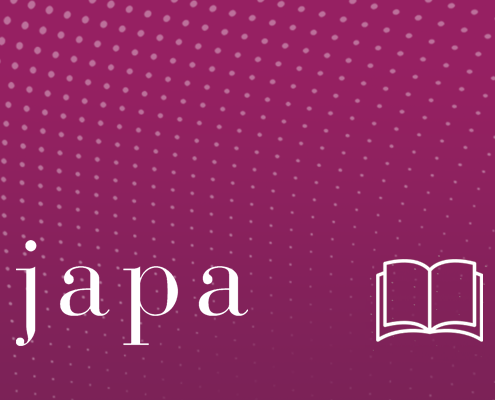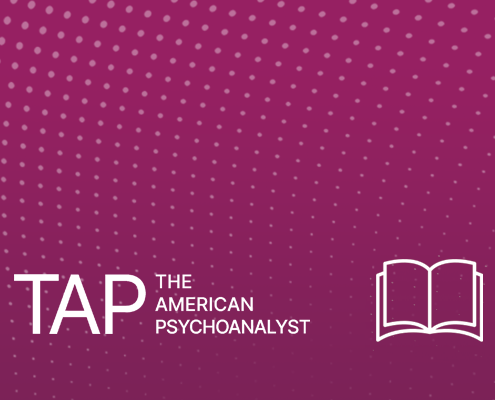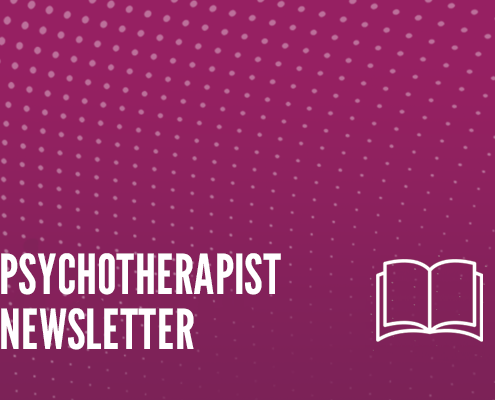Presented by Donnel B. Stern
In my first model of unformulated experience (Stern, 1983, 1997), my intention was to study our capacity to reflect on our own experience; and that meant that the boundary between formulated and unformulated experience needed to be defined by verbal language: My first model held that if you can think or speak about a meaning in the reflective terms of verbal language, the meaning is formulated; if you cannot reflect on the meaning in verbal language, the meaning remains unformulated. Now, though, I think of the boundary between formulated and unformulated experience differently. Now I think of it in terms of the degree of personal meaningfulness of unformulated experience: Formulation is a matter of becoming someone for whom the experience in question is meaningful. One crosses the threshold into explicitly meaningful experience when one can accept the meaning in question. If one can accept it, one can use it in the construction of spontaneous, creative living. The formulation of experience is therefore the imaginative transformation of not-me into feels-like-me. The crucial point is not that particular, new experiences are given shape, but that one becomes the new and slightly different person who can shape experience in that new way.




